Abe to talk with Obama in first official visit
Updated: 2012-12-19 08:05
By Zhang Yunbi(China Daily)
|
||||||||
He said the "perfect timing" for Abe's visit, immediately after his triumph at the polls and Obama winning a second term, provides an opportunity to provide reciprocal support for each other, which means Japan can share the defense burden for the US.
Yukio Hatoyama, who became prime minister following the DPJ's landmark win in 2009, resigned the following year after clashing with the United States over the status of a controversial military base in Okinawa, Japan's southernmost prefecture.
Meng Xiangqing, deputy director of the Strategic Research Institute at the National Defense University of the PLA, said the US-Japan military alliance has suffered challenges during DPJ administrations, as the two allies have differed and alienated each other on issues including the relocation of US forces based in Japan.
But ties between the two warmed with the US response to last year's earthquake and tsunami in Japan. The Obama administration enjoyed strong ties with outgoing Prime Minister Yoshihiko Noda, who supported joining talks on the Trans-Pacific Partnership, a US-backed trade pact.
Meng said Japan hopes to prompt greater support from theUS on diplomacy and defense to rein in and guard against China, and Abe "is targeting Washington's clearer stance in its (Japan's) territorial dispute with China".
James Schoff, a former Pentagon official who is a senior associate at the Carnegie Endowment for International Peace, told AFP Abe's efforts on defense could be "a net benefit for everyone" if Japan complements the US.
"But if the focus is more toward building up offensive capabilities vis-a-vis China, that's going to probably create more problems than it's worth from a US perspective," he said.
Sino-Japanese ties soured in September after the Japanese government made an illegal purchase of the Diaoyu Islands, which have belonged to China for centuries.
Feng Zhaokui, a Japanese studies researcher at the Chinese Academy of Social Sciences, said the prevailing "strategic anxiety" in the Japanese political arena is behind Tokyo's strategic dependence on Washington, its top ally.
"Both the Japanese government and media have overreacted to Chinese naval vessels legally sailing in international waters near Japan, as well as Chinese airplanes and ships patrolling around the Diaoyu Islands," Feng said.
The lack of trust between Japan and China, especially on defense, has led to Tokyo frequently relying on Washington's promises to contain China over the islands dispute, Feng added.
AFP and Xinhua contributed to this story.
zhangyunbi@chinadaily.com.cn
Special Coverage:
- Fashion of Queen Elizabeth on exhibition in London
- Hollande urges Britain to begin EU exit talks 'as soon as possible'
- Trump vows law and order if elected
- Chinese cuisine stuns Thai princess
- Security Council holds first secret poll on next UN chief selection
- Turkey's Erdogan declares state of emergency after coup bid
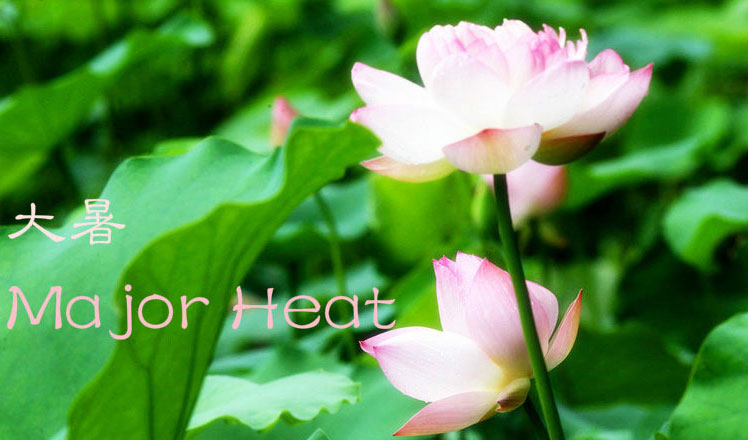
 Things you may not know about Major Heat
Things you may not know about Major Heat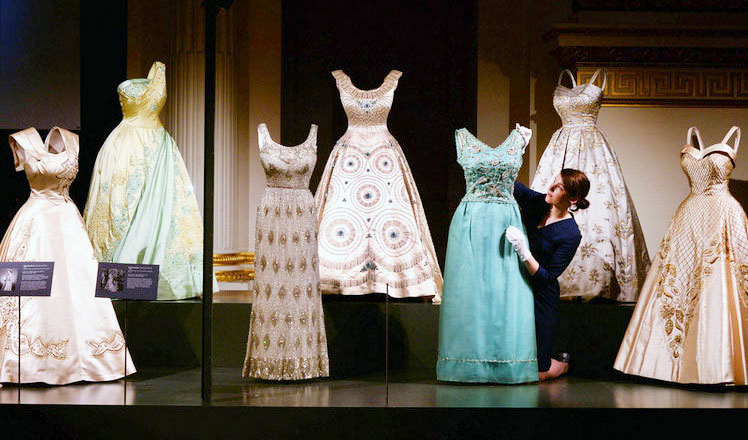
 Unveiling the secrets of Elizabeth II’s wardrobe
Unveiling the secrets of Elizabeth II’s wardrobe
 Go global: Wanda's top 10 foreign acquisitions
Go global: Wanda's top 10 foreign acquisitions
 Hot pepper and ice tub challenge held in E China
Hot pepper and ice tub challenge held in E China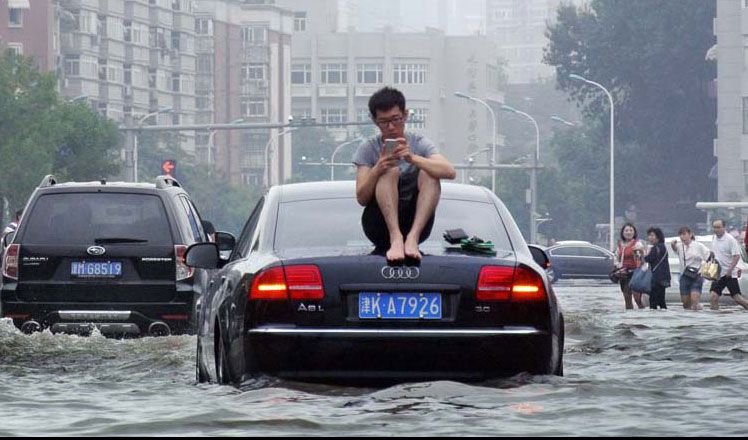
 Ten photos from around China: July 15 – 21
Ten photos from around China: July 15 – 21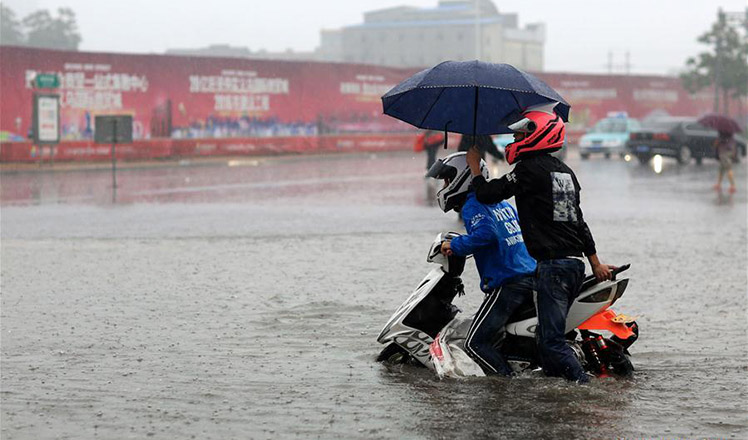
 Heavy rain, floods across China
Heavy rain, floods across China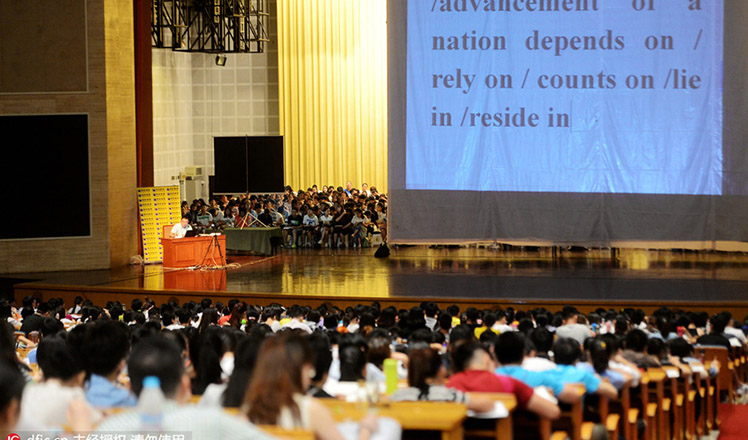
 Super-sized class has 3,500 students for postgraduate exam
Super-sized class has 3,500 students for postgraduate exam
 Luoyang university gets cartoon manhole covers
Luoyang university gets cartoon manhole covers
Most Viewed
Editor's Picks

|

|

|

|

|

|
Today's Top News
Ministry slams US-Korean THAAD deployment
Two police officers shot at protest in Dallas
Abe's blame game reveals his policies failing to get results
Ending wildlife trafficking must be policy priority in Asia
Effects of supply-side reform take time to be seen
Chinese State Councilor Yang Jiechi to meet Kerry
Chinese stocks surge on back of MSCI rumors
Liang avoids jail in shooting death
US Weekly

|

|







